Millions of people strive every day to reduce their overall body fat percentage. Whether your objective is to drop a few pounds to boost your self-esteem or a significant amount to improve your health, you have a variety of options. Conversely, not all methods of reducing caloric intake are created equal, and some may even be harmful to your health.
In this comprehensive manual, we’ll go over the best methods, suggestions, and advice for losing weight in a healthy and long-lasting approach. We will go through everything you need to know to lose weight, such as how to modify your diet, exercise routine, and daily habits, to ensure your success.
Exercising regularly and consuming a nutritious diet is essential for losing weight. Crash diets and weight loss pills may not sound alluring, but science has proven that they are unsuccessful ways to lose weight quickly.
While there is no magic bullet for losing weight and keeping it off, you can increase your chances of success by implementing some of these tried-and-true methods for selecting healthier options at the supermarket, cutting back on calories, and retraining your brain to ignore food urges. Use these suggestions recommended by doctors and supported by scientific evidence.
1. Keep Fresh Fruits and Veggies on Hand
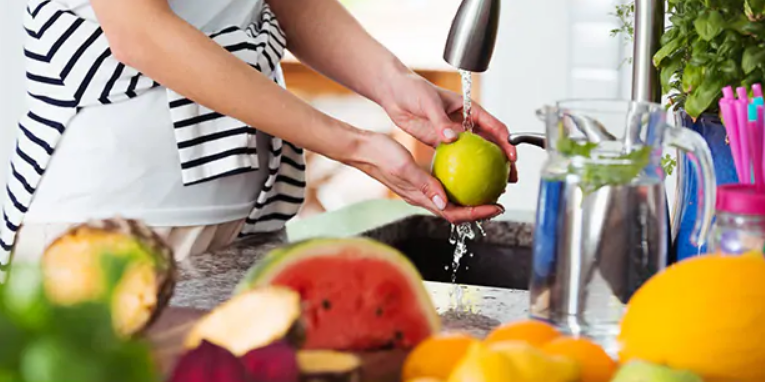
Overeating candy or crackers is a common result of having just the office vending machine or a cracker-filled cabinet to choose from when you’re desiring something sweet or salty. Consuming this may induce a sharp rise in blood sugar levels without doing much to alleviate your hunger pangs.
Dr. Deanna Ward of the Palo Alto Medical Foundation’s Danville Center says that eating an orange or apple, which is both high in fiber and vitamins, will satisfy your sweet tooth and quiet your stomach. Vegetables can also be used to curb cravings for salty foods. Do your best to make these foods easily accessible. To keep yourself from bingeing on unhealthy office snacks, pack a small container of nut butter and some celery or carrot sticks to eat at your desk. Furthermore, keep a bowl of seasonal fruit out on your counter or at the front of your refrigerator.
2. Eat Mindfully
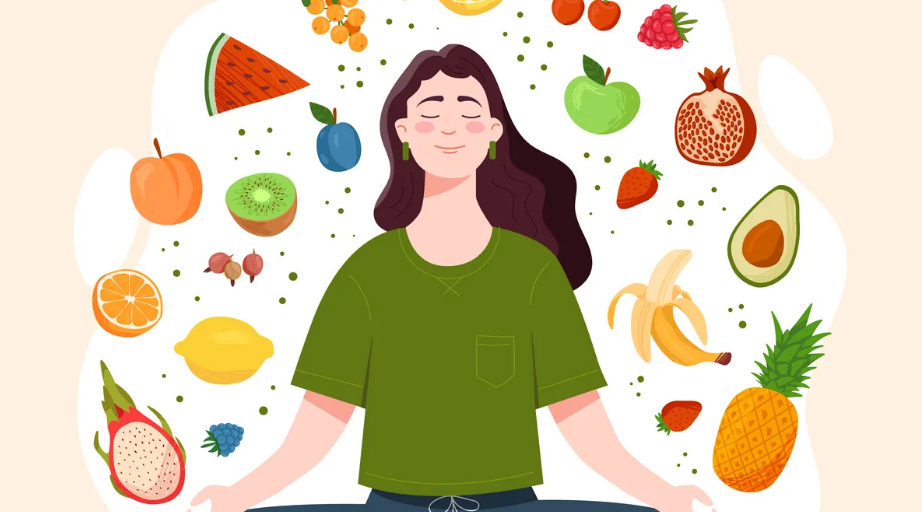
Dr. Ward claims that many of us don’t fully appreciate the flavors and textures of the food we consume because we eat while multitasking. If you want to avoid eating hundreds of extra calories without realizing it, she suggests “focusing on your meal and the people sharing it with you.” Think about how each bite affects your sense of sight, smell, touch, and taste. Think about the emotions that the food you’re making will evoke.
If you tend to comfort eat whenever you’re feeling down, you’ll benefit greatly from this. Dr. Ward suggests practicing mindful eating as a way to check in with yourself emotionally and determine if what you’re eating will satisfy you. Maybe this will make you pause and consider whether or not the food you’re about to eat will satisfy you.
3. Chew Food Fully
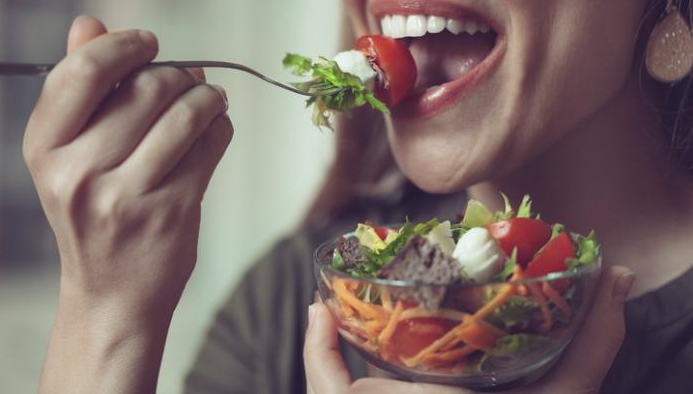
If you eat as if there’s a prize for being the first to finish your plate, you’ll consume far more calories than your body needs. Because it takes the brain around 20 minutes to perceive that the stomach is full, Dr. Ward advises patients to take their time and focus on eating fully and slowly. According to her, digestion starts in the mouth. The digestive enzymes in your saliva begin the process of breaking down the food you eat as you chew it. As a result, your body can absorb the nutrients it needs to function properly.
4. Spice It Up
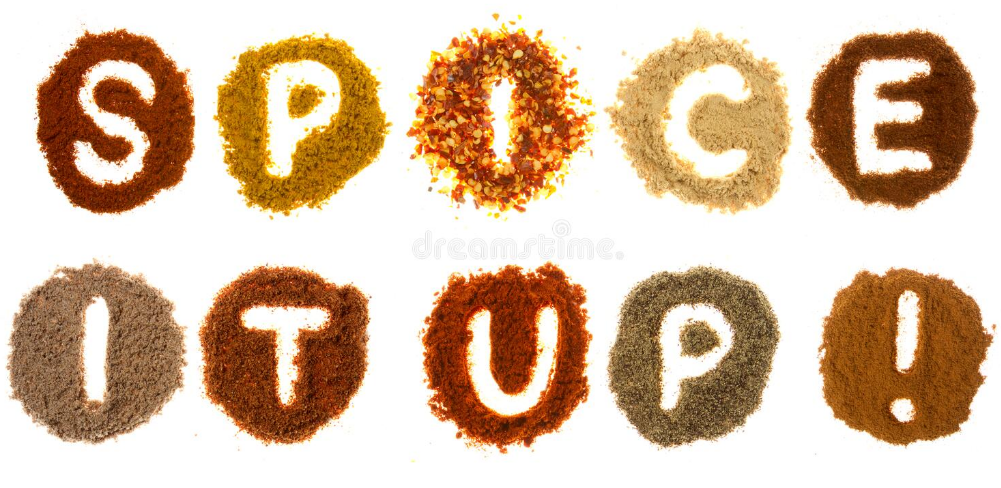
To add flavor to your dishes, try using chili peppers and other spices. Capsaicin in peppers is a naturally occurring chemical that, according to certain studies, may increase metabolic rate and reduce appetite. Spice up your homemade marinades, morning eggs, soups, and salad dressings with more of your go-to herbs and flavors.
5. Avoid Liquid Calories
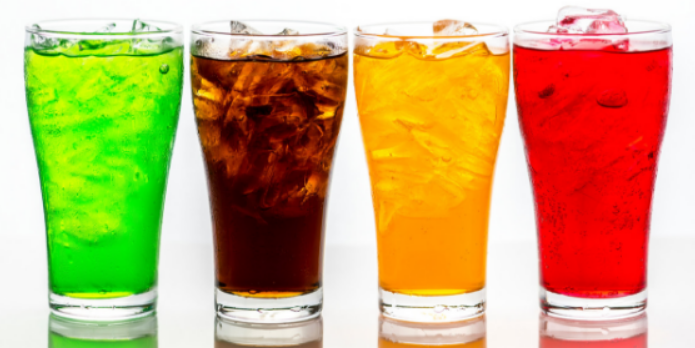
Empty-calorie drinks like fancy coffee drinks, sodas, fruit juices, beer, and cocktails are sneaky drivers of weight gain, says Dr. Ward. In addition, they are simple to consume and lack the filling fiber and protein, so you may expect to eat the same quantity, or more if the alcohol lowers your inhibitions. You can skip the fancy drinks and stick to plain ol’ coffee, water, tea, hot or iced, seltzer, or tea.
